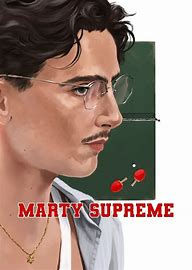Hopkins shines as ailing dad
- Robin Holabird

- Mar 25, 2021
- 2 min read
Updated: Aug 5, 2021
In the world of quote silver linings, one positive trait about Alzheimer’s disease comes with the multifaceted acting opportunities it offers performers. This week’s release of The Father lets Anthony Hopkins join the likes of Julianne Moore, Julie Christie, and Judy Dench. In different movies, all have taken a dynamic turn leading to Oscar attention as someone facing a cruel loss of memory. That absense creates a form of living dead, not zombies, but people who know longer feel ties to all the kinds of past experiences that brighten life. Or, as in The Father, memories show up, but in the wrong place. So it seems to Hopkins as Anthony, an 80-year-old who goes in and out of current reality. His confusion reveals itself in a script that unfolds with unexpected changes. Faces and places switch—as they would for Anthony. Writer-Director Florian Zeller allows viewers to share the initial misunderstandings. He then cleverly links scenes in a manner that clarifies action, though of course, part of dementia’s tragedy comes because nothing ever qualifies as truly clear. No one likes to wallow in pain, so Zeller gets around this by working with magnetic performers who generate empathy and concern. Hopkins leads the way as the title character, supported by The Crown’s Olivia Coleman as a daughter who operates with no playbook about providing the best possible care. Watching two great performers together provides The Father’s highpoint.
A different take on the father-daughter-Alzheimer connection comes in an intriguing documentary presented by Netflix. With Dick Johnson is Dead Cinematographer Kristen Johnson turns into director as she deals with her father’s eventual slide into full-scale dementia. Though neither father nor daughter likes the diagnosis, they treat it with defiant humor, staging and filming ways of dying that look more dramatic than lying in bed as an invalid. Surreal and bizarre, yes, but ultimately a declaration of love and hope.




Comments